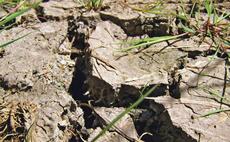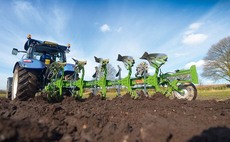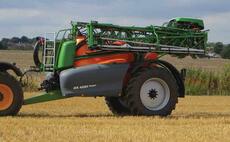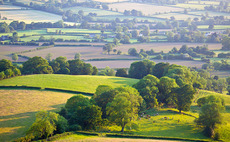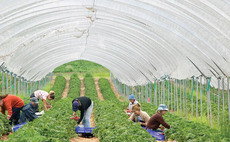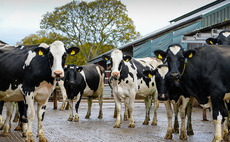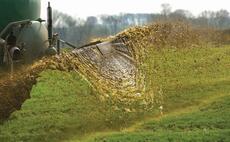Sustainable Farming
Arable
Changes to farm payment systems and satisfying supply chain company requirements may require a closer look at carbon balance in the future.
Arable
With the 2019/2020 season an example of the extreme weather patterns the UK could be facing in the future, tech companies are working to find new ways of predicting and managing weather risk within the supply chain.
Farm Business
What we hope for, and what we actually get, are often two different things. And coronavirus is proving to be a situation which can make the gap between hope and reality seem larger than ever.
Arable
The farming sector must play its part if the UK Government is to meet its pledge to reach net zero carbon emissions by 2050. But there are a range of policy and practical challenges to meet along the journey.
Livestock
NFU deputy president Stuart Roberts has reinforced embracing low-emission farming practices will be ‘key’ to ensuring profitable and productive farm businesses.
Livestock
The UK would need to produce 25-30 per cent ‘less and better’ meat to hit the NFU’s net zero greenhouse gas (GHG) emissions target by 2040, according to modelling by the Green Alliance.
Farm Business
As the horticultural sector faces the prospect of thousands of empty vacancies during April and May due to Covid-19, a new digital initiative has been launched to make domestic workers and farms accessible to each other.
Livestock
NFUS vice-president Martin Kennedy has highlighted the drastic fall in air pollution in UK cities as a result of lockdown measures has confirmed agriculture as ‘part of the solution’ to mitigating climate change.
Livestock
Achieving a balance between productive farming and providing a habitat for our once common farmland birds is not for the faint hearted. Gaina Morgan meets Ian Gray to find out more about how he and his partner,
Dairy
NFU Cymru has branded Welsh Government’s decision to publish draft regulations of an all-Wales Nitrate Vulnerable Zone (NVZ) ‘ill-judged’ in light of the Covid-19 crisis.


 03 May 2020
•
5 min read
03 May 2020
•
5 min read
